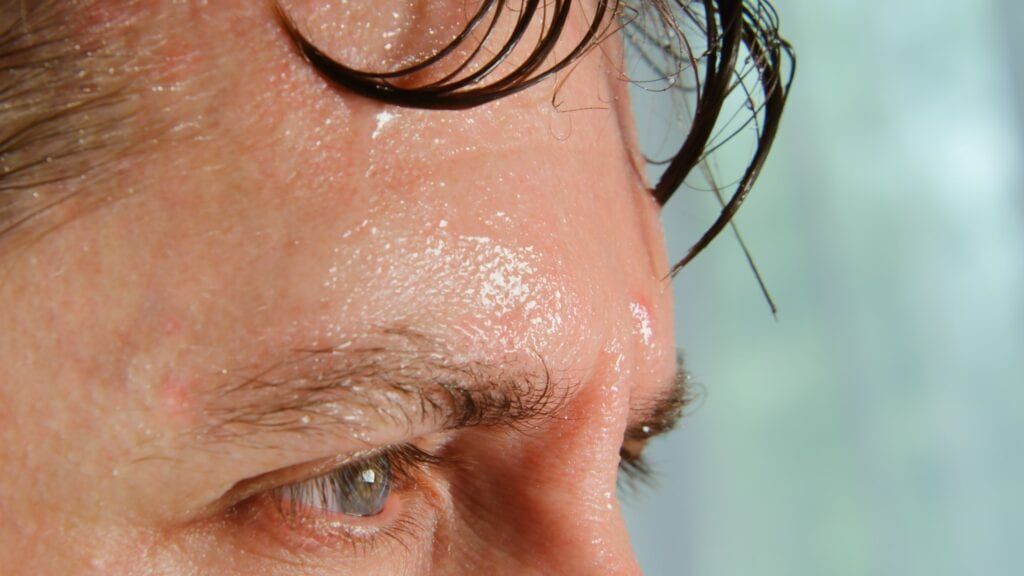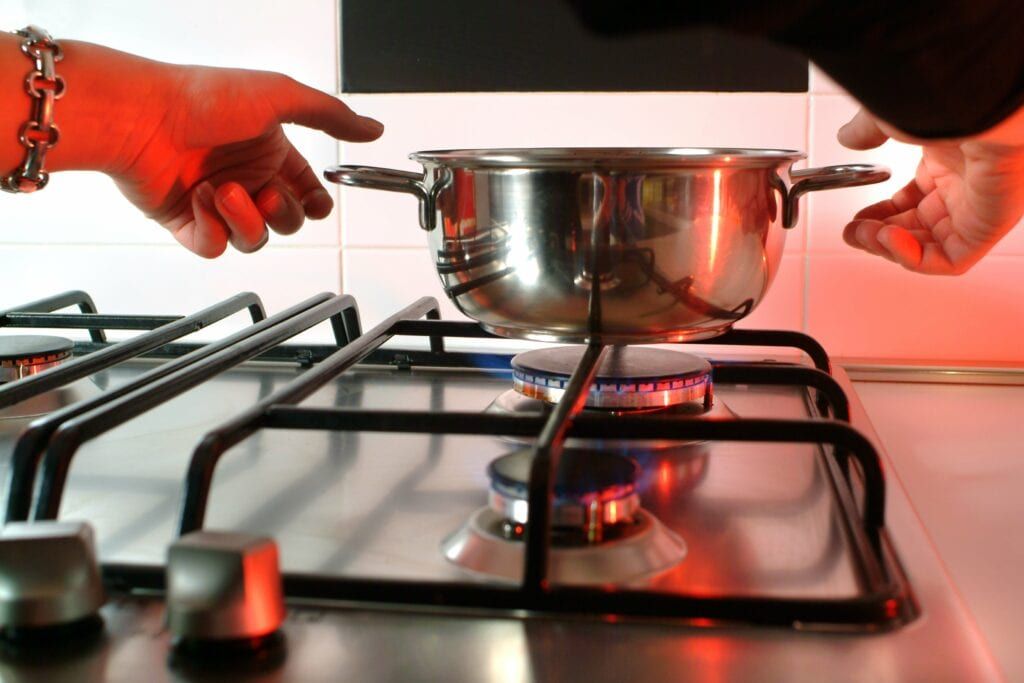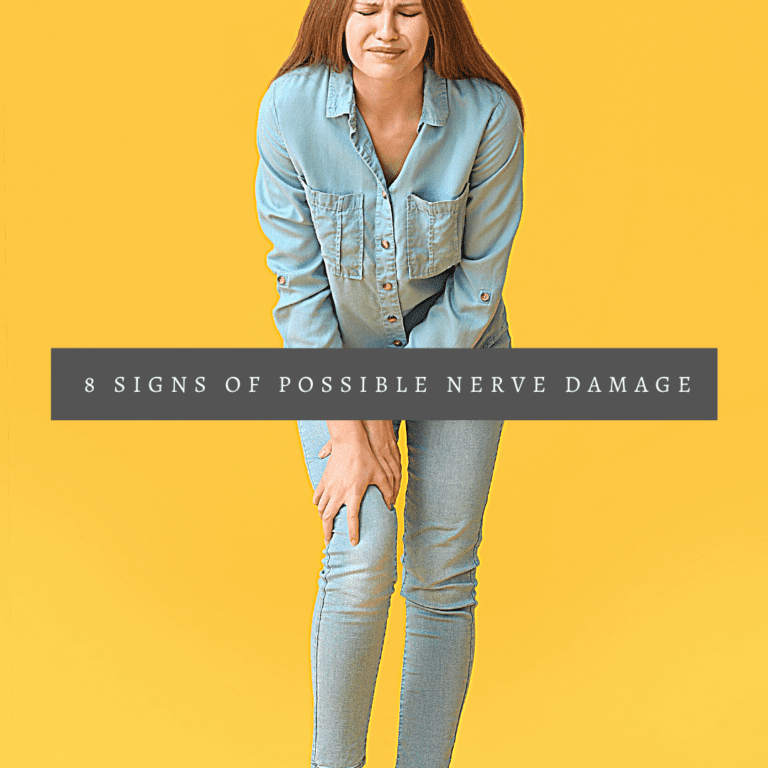Your nerves play a few important roles in your body. Besides the simple fact that they allow you to feel sensations when you touch something, your nerves also help with muscle movement and internal organ function. Not only that, but your nerves even aid in self-preservation since they allow you to feel pain. However if the nerves become damaged, they are no longer able to properly carry out these important roles.
Nerve damage can be caused by a variety of things. The most common cause of nerve damage is diabetes. Another common cause of nerve damage is an inherited anatomical defect. Other possible causes of nerve damage include: repetitive motion, Lyme disease, sudden trauma, aging, vitamin deficiencies, exposure to toxins, infections, and autoimmune disorders. In some cases, there may be no known cause of nerve damage.
Some cases of nerve damage respond well to treatment if caught early. Most cases of nerve damage tend to progress slowly, meaning that there is a better chance of limiting the damage if it is caught early. However, the key to catching nerve damage early is to know what to look for. Therefore, here are 8 signs of possible nerve damage that warrant a visit to your doctor or local neurologist:
Numbness, tingling, burning
Although these are technically three sensations, they are all closely related and are considered to be one symptom. Although we all experience numbness, tingling, or burning when our limbs “fall asleep”, this is normally a temporary sensation. When these sensations are prolonged, this could be a sign that there is something more going on.

Sweating too much or too little
Most of us sweat from time to time during physical exertion or when the temperature rises. However, if you notice that you are suddenly sweating while not doing anything and/or when the weather is not hot, then this could indicate possible nerve damage. At the same time, not sweating during physical exertion or periods of hot weather could also indicate possible nerve damage.
Difficulty moving a body part
When a particular body part is suddenly difficult or impossible to move, this could mean there is motor nerve damage. Weakness or paralysis could also be a sign of a stroke, so you will definitely want to seek immediate medical attention.
Clumsiness
We all have clumsy moments, and some of us are more clumsy than others. But, if you notice that you are suddenly more clumsy than usual, this could indicate possible nerve damage. Stumbling and falling are two common clumsy behaviors that are associated with possible nerve damage.
Brief, intense headaches
There are many different types of headaches that all have different causes. One type of headache is described as being a sudden, intense headache that feels like electric shocks and only lasts a few minutes. This type of headache is often associated with a condition called occipital neuralgia, where a nerve in the neck is pinched.
Shooting pain down one leg
Pain that originates in the lower back, then shoots down the back of one leg is known as sciatica. Sciatica occurs when the sciatic nerve becomes compressed by a herniated disc. It can also occur as a result of diabetes.
Constantly running to the bathroom
If you suddenly find yourself feeling like you need to urinate frequently and/or are not able to make it to the bathroom, then this could indicate possible nerve damage. People with diabetes or who have delivered a child vaginally are at an increased risk for this type of nerve damage.

Injury due to dulled senses
As mentioned above, your nerves allow you to feel pain as a way of preventing or limiting injury. However, when the nerves become damaged, you may not be able to react as quickly since your body doesn’t process the threat. This can result in burns, cuts, or other injuries that occur when your nerves fail to tell your brain that a surface is dangerous.

Dr. Kashouty, a diplomate of the American Board of Psychiatry and Neurology (ABPN), practices general neurology with fellowship trained specialization in clinical neurophysiology. Dr. Kashouty finds the form and function of the nerves and muscles the most interesting part of neurology, which is what led him to specialize in neurophysiology with more emphasis on neuromuscular conditions. He treats all neurological diseases, but his main focus is to treat and manage headaches, movement disorders and neuromuscular diseases.




